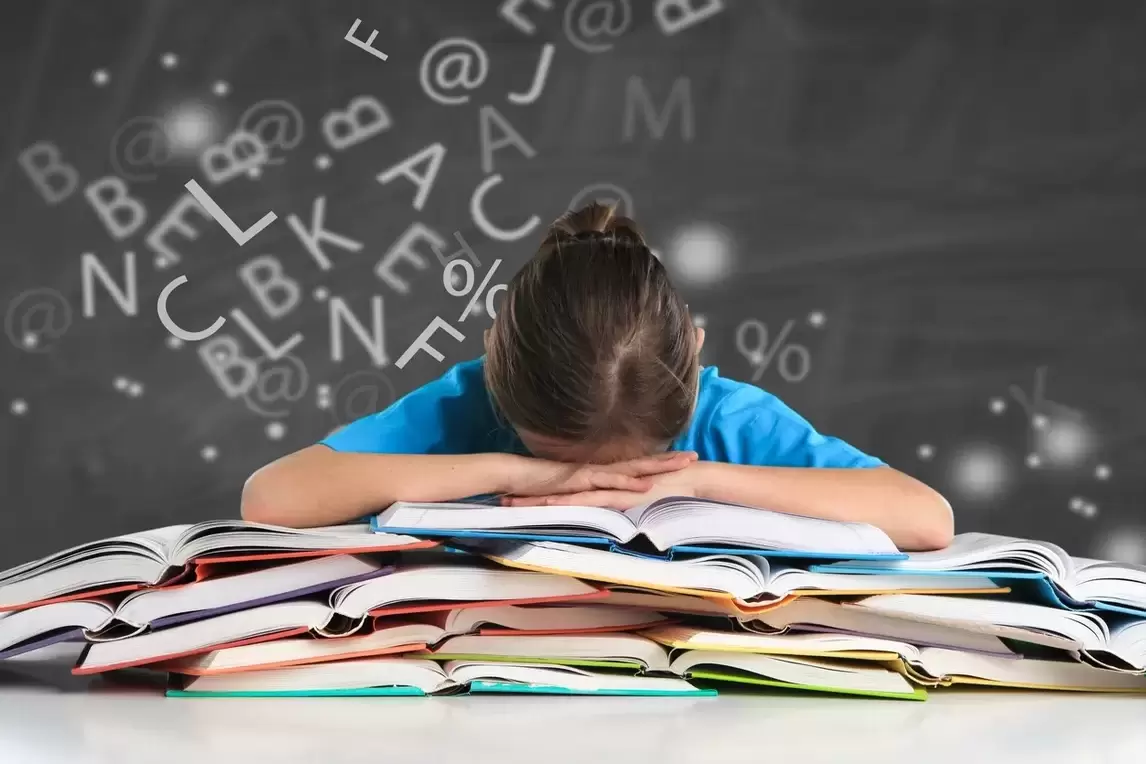Understanding Learning Disabilities: A Guide for Parents on Dyslexia, Dysgraphia, and Dyscalculia

As a parent, you want nothing but the best for your child, especially when it comes to their education. But what happens when your child struggles with learning? This can be a frustrating and confusing time, but don't worry, you're not alone. We want to provide you with a guide to understanding three common learning disabilities: dyslexia, dysgraphia, and dyscalculia.
Dyslexia
Dyslexia is a learning disability that affects reading and language processing. Children with dyslexia may have trouble with phonemic awareness, decoding, and reading fluency, which can impact their spelling and writing skills as well.
If your child has difficulty with reading and decoding, struggles with spelling and writing, and has a slow reading rate, it's important to get them evaluated by a professional. Fortunately, The Braintree offers pediatric therapy services that incorporate multi-sensory learning techniques to help children with dyslexia overcome these challenges.
Strategies for supporting a child with dyslexia include providing explicit and systematic reading instruction, using assistive technology like audiobooks, and encouraging a love of reading through positive reinforcement. With the right support, your child with dyslexia can become a confident and successful reader.
Dysgraphia
Dysgraphia is a learning disability that affects writing ability. Children with dysgraphia may have difficulty with handwriting, spelling, and written expression, making it challenging to organize their thoughts and express themselves in writing.
If your child struggles with handwriting, spelling, and written expression, it's important to seek help from a professional. The Braintree can provide assistive technology like speech-to-text software and word processors, as well as explicit instruction in handwriting and organization.
Other strategies for supporting a child with dysgraphia include using graphic organizers and breaking writing tasks into smaller steps. By focusing on the content of writing rather than the mechanics, your child with dysgraphia can express themselves confidently.
Dyscalculia
Dyscalculia is a learning disability that affects mathematical ability. Children with dyscalculia may have trouble with number sense, arithmetic, and problem-solving, making math classes a challenging experience. If your child has difficulty with basic arithmetic or more advanced mathematical concepts, seek evaluation and help from professionals. The Braintree can provide hands-on learning opportunities with manipulatives and games, as well as multi-sensory learning techniques.
Other strategies for supporting a child with dyscalculia include providing explicit instruction in basic math concepts and breaking math tasks into smaller steps. By focusing on problem-solving strategies, rather than rote memorization, your child with dyscalculia can thrive in math class.
Seek professional support:
Learning disabilities can be a challenge for both children and their parents, but with the right support, your child can succeed and thrive. The Braintree offers pediatric therapy services that incorporate multi-sensory learning techniques to help children with dyslexia, dysgraphia, and dyscalculia overcome their challenges. By providing hands-on learning opportunities, assistive technology, and explicit instruction, The Braintree can help your child become a confident and successful learner.
Please share with those who could benefit
Encourage your friends and colleagues to join the community and take advantage of events and resources for children with special needs.
Or share on: